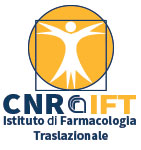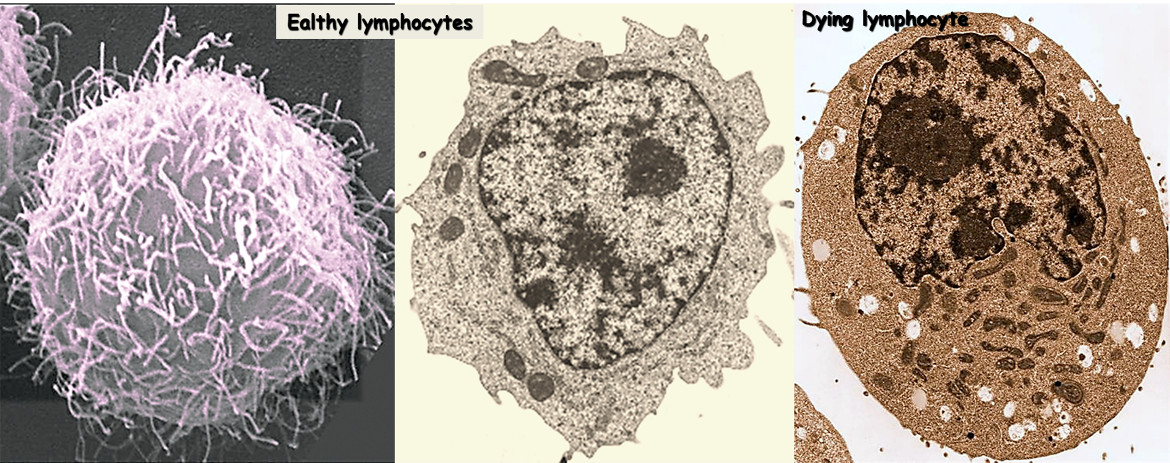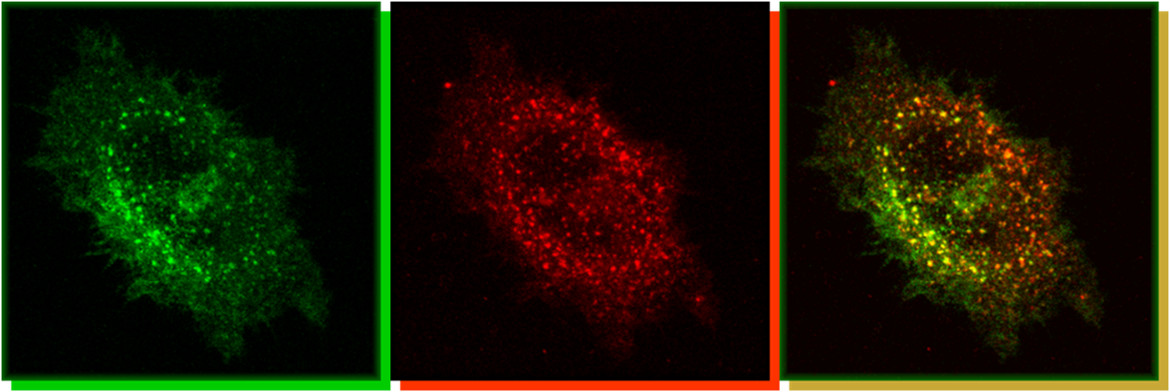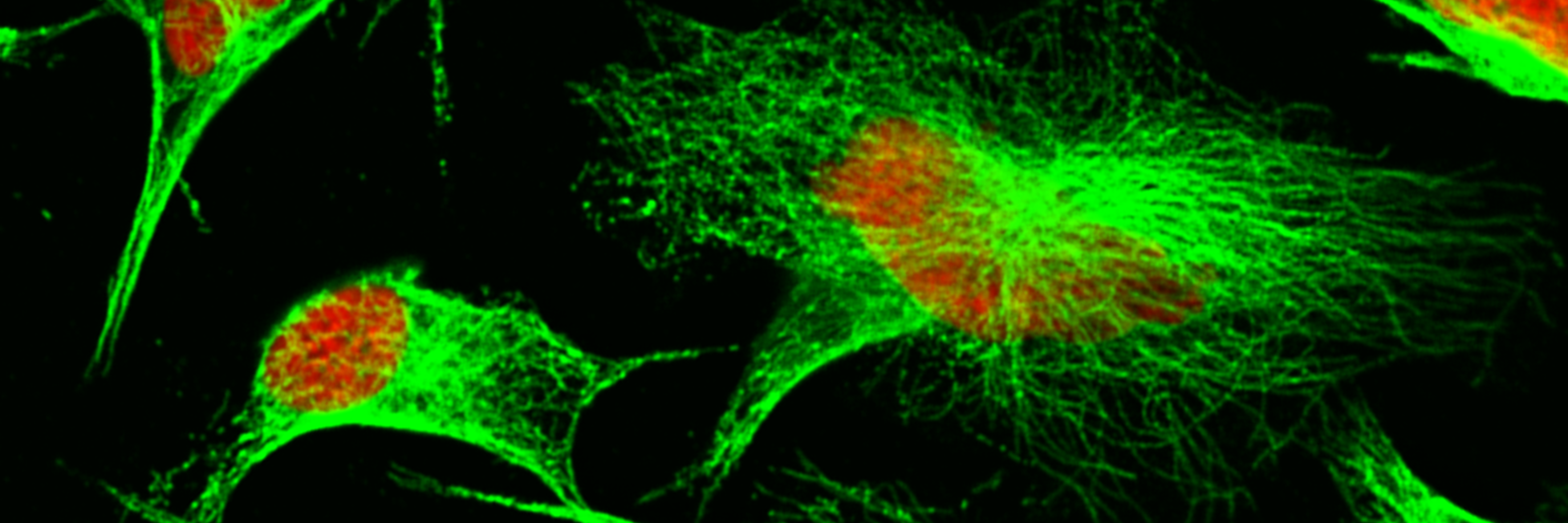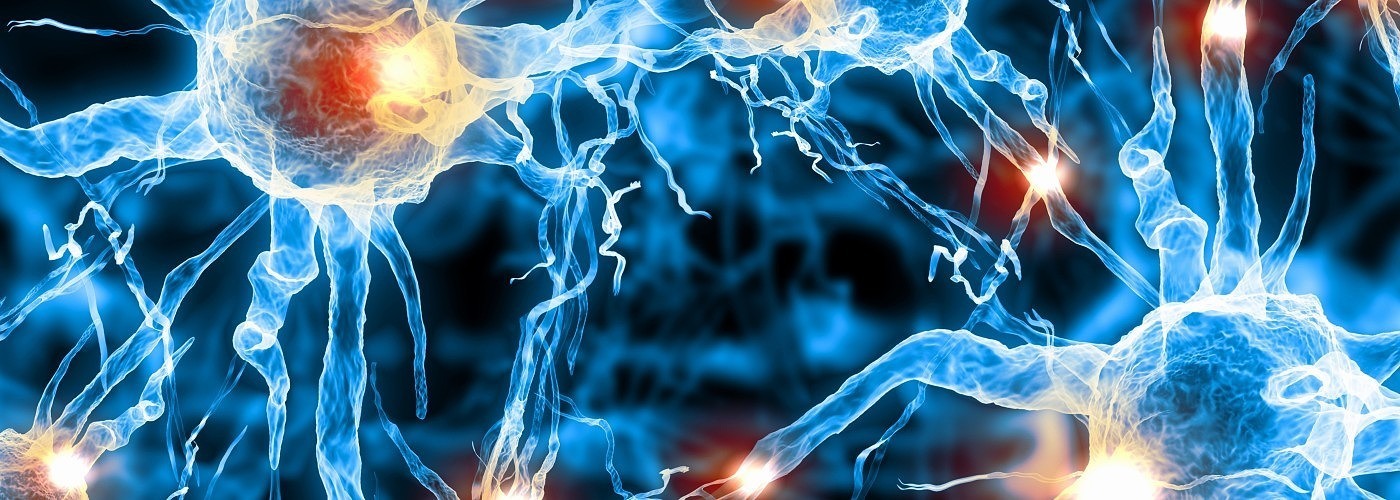General Description
The complexity of the process aimed to develop new beneficial tools for human health, from conception to entry in clinical practice is such that also realities of “Big Pharma” type are often unprepared today to perform the entire process in a reasonable period of time. The need to overcome this problem represents the core theme of the so-called “Translational Pharmacology” that is considered one of the most promising new disciplines of biomedical science and, therefore, naturally highly attractive to young researchers.
Keeping in mind principles and methods of the “Translational Pharmacology, the mission of scientists working at IFT is to contribute to the process of accelerating the translation of basic research discoveries in biology and medicine into novel therapeutics and diagnostics tools. To this purpose, activities carried out in the laboratories of the IFT include: drug design, discovery and delivery; pharmacogenomics; study of therapeutics, including biologically active compounds and biotechnological tools, for cancer, neurological disorders, infectious diseases, inflammatory diseases and regenerative medicine; study of innovative biomarkers for the diagnosis, prevention and treatment of the diseases; genotyping studies and service for transplantation and degenerative diseases; regulatory aspects of therapeutics.
IFT comprises multiple locations. Executive management and administrative offices and larger laboratory complex are located in Rome, at the Research Area of Rome Tor Vergata (IFT-ARTOV). IFT Laboratories are also located in three other sites at: 1) Rome, S. Camillo Hospital (IFT-SCH), 2) L’Aquila (IFT-AQ), 3) Sardinia Scientific Park, Pula, Cagliari (IFT-CA).
Specific projects carried out at IFT can be grouped into the following main research lines (RL).
- Neurological Disorders.
Neurogenetics, immunogenetics and molecular basis of neurodegeneration; identification of new therapeutic targets and biomarkers.
This RL, carried out mainly at IFT-ARTOV, IFT-AQ and IFT-CA, concerns the study of the molecular mechanisms underlying neurodegenerative disorders (NDs) such as hereditary ataxias, Huntington’s disease, amyotrophic lateral sclerosis (ALS), Parkinson disease, Alzheimer’s disease (AD) and other taupathies. In addition, other issues are addressed of: i) differentiation and neurorepair in NDs, by studying neural stem cells; ii) immune markers in neurodegenerative disorders such as Alzheimer disease (AD) and developmental disorders such as attention deficit hyperactivity disorders (ADHD); iii) oxidative and excitotoxic processes underlying neurodegeneration (NDs). These studies are aimed to the identification of novel molecular diagnostic tools and candidate genes for new therapeutics.
- Cancer.
Identification of molecular targets and preclinical models for cancer therapy and immunotherapy; identification of new biomarkers.
This RL, carried out at IFT-ARTOV and IFT-AQ, encompasses the following activities: i) investigation of mechanisms of onset of neoplasia and related development of innovative therapeutic/preventive interventions, including DNA-vaccines, through pre-clinical targeted approaches and use of validated experimental models; ii) study of molecular pathways in carcinogenesis of rectal carcinoma; iii) definition of the role of miRNAs in cancer stem cell differentiation; iv) design of an EMHVs-AZA-based phase 1 clinical trial on prostate adenocarcinoma patients; v) the study of highly polymorphic gene systems at high resolution level in diseases and populations (HLA class I, II, non classical HLA, etc.), oncogenes (K-ras, p53); vi) analysis of immune markers in cancer, transplantations and diseases, with a particular attention to colorectal tumours and metabolic complications of renal transplantation.
- Death, Differentiation/Proliferation and Inflammation disorders.
Identification of molecular bases and intervention strategies.
This RL, carried out mainly at IFT-ARTOV, includes the following activities: i) elucidation of mechanisms of LDL-aggregate formation and of the correlation between non-alcoholic fatty liver disease and cardio-vascular dysfunctions, ii) definition of the role of redox modulation of signal transduction in inflammatory, proliferative, differentiation and apoptosis processes, iii) definition of the role of cross-talk between HSF1 and ubiquitin-proteasome system in cell proliferation and survival , iv) study of protein misfolding, v) studies on NF-kB, TCTP, thymosin-b4, PACAP/VIP, microRNA, Wnt/b-Catenin and NGF.
- Drugs and new therapeutic strategies.
Drug design and delivery, and preclinical evaluation of new chemical and biopharmaceutical entities; characterization of drug substance and medicinal products; design and evaluation of new, interdisciplinary therapeutic strategies.
Activities of this RL, carried out at IFT-CA and IFT-ARTOV, include: i) development and characterization of synthetic and natural agents with analgesic, antipsychotic or anti-inflammatory activity; ii) synthesis, purification and chemical analysis of small molecules; iii) quality and equivalence studies concerning medicinal products; iv) analysis of the main factors regulating the evolution of schizophrenia therapy; v) development of new chemical and physical differentiation strategies of human stem cells for tissue engineering and regenerative medicine applications; vi) development of new models of membrane and assessment of the effects induced by EM fields; vii) development of innovative immunotherapy protocols and DNA vaccination using electro-transfer and nanovectors .
Attractiveness
Most of the research activities of IFT are carried out in collaboration with national and international institutions, and particularly university laboratories and laboratories comprised in prestigious research centers. Regarding to this point, of particular interest is that the headquarter of IFT is located in the CNR Research Area of Rome Tor Vergata (ARTOV), close to the Faculty of Medicine of University of Rome Tor Vergata and the University Hospital. This allocation offers the opportunity of interdisciplinary collaborations with colleagues of non-biomedical institutes of CNR in ARTOV and renders extremely feasible scientific contacts with colleagues of the University (reciprocal participation to meetings, seminars, scientific events, etc.) and hosting at IFT of students and young researchers. In particular, the IFT is involved in education and training programme of undergraduate and PhD students and post-doc fellows, according to an official agreement with the University of Rome Tor Vergata. In addition, the IFT is committed to “Public engagement” activities such as organisation of public events (i.e. Notte dei Ricercatori http://eventi.artov.rm.cnr.it, European Biotech Weeks Open Day http://www.federchimica.it ). Researchers of IFT-ARTOV are deeply involved by years, as principal organizers, in a specific International Summer School Programme, that takes place in ARTOV each year and is open to young Ph.D. researchers of all countries (http://www.cms3.cnr.it).
This educational programme is aimed to train young researchers in supporting early pharmaceutical research and promoting the development and implementation of new cell model systems to improve genomic research and bioinformatics. The emphasis is: i) to facilitate an effective sharing and dissemination of new and innovative research ideas, strategies, focal points; ii) to promote common learning experiences and discuss the latest breakthrough technologies and how to make use of them; iii) to promote joined and integrated approaches from basic research and new product developments. IFT-AQ has strict contacts and collaborations with colleagues of the University of L’Aquila, while IFT- CA is a unit located in the Scientific and Technological Park of Sardinia where is possible to work closely with companies and other research centers established in the park. Moreover researcher of IFT-CA collaborate on several projects with the University of Cagliari and Sassari. IFT-SCH, being allocated in a main transplantation centre of a public hospital, has many interactive activities with colleagues.
Technology transfer
IFT offers itself as a territorial strategic resource for the development of advanced biomedical research and particularly for the development of the pharmaceuticals sector on the regional and national territory. This propensity is documented by a high number of active patents in which researchers of IFT act as inventors. In particular, 44 international patents in different countries were active in the 2011-2014 period. Most of them refer to new drug candidates, but some refer to innovative methods for differentiation/maturation of progenitor cells, to new uses of already approved drugs or to the use of new biologically active therapeutics . Activities of technology transfer has been also achieved by past and present participation of IFT to spin-off companies.
Professional Services
The IFT-Unit of Rome S. Camillo Hospital (IFT-SCH) cooperates at the clinical activity of the Regional Transplant Centre – Lazio, Tissue Typing and Transplant Immunology Laboratory. The work was mainly addressed to: i) immunological evaluation of patients on the waiting list for organ transplantation and to post-transplant monitoring of humoral alloreactivity to transplant; ii) assessing the alloreactivity of donor-recipient pairs, as part of the National Crossover Program for living kidney pairs donation; iii) assessing the HLA typing at high resolution level of adult donors and cord blood units, for the National Program of hematopoietic stem cells transplantation from unrelated donors. The Laboratory has the Accreditations by the American Society of Histocompatibility and Immunogenetics (ASHI n. 11-9-IT-03-1) and by the European Federation for Immunogenetics (EFI n. 07-IT-025.975).
The Laboratory of Neurogenetics at IFT-ARTOV has EMQN (European quality control organization for genetic testing) Accreditation for Spinocerebellar Ataxias (SCAs), Huntington Disease (HD) and Friedreich Ataxia (FA). The lab is also reported in ORPHANET and GENETEST portals for rare diseases. DNA referred by neurologists or Neurological centers are tested also for the following molecular diagnoses: HD-like, Episodic Ataxias, , Benign Hereditary Chorea and CADASIL (Cerebral Autosomal Dominant Arteriopathy with Subcortical Infarcts and Leukoencephalopaty).
Other outreach activities
Among the other outreach activities it is worthy to be mentioned the contribution of IFT to national and international drug regulatory agencies. In particular, researchers with a permanent or non-permanent position at IFT contributed to the institutional activities of the Agenzia Italiana del Farmaco (AIFA), that is the regulatory drug agency in Italy. In fact, owing to specific expertise, IFT researchers participated in work related to the approval of candidate drugs as members of the devoted Committees. Moreover, it should be mentioned that the present General Director of AIFA himself , Dr. Luca Pani, is still a member of the CNR personnel of IFT, even if temporary suspended by his functions due to his position in AIFA from 2011. Dr. Luca Pani acted also as: i) the Permanent Representative of Italy at the Committee for Medicinal Products for human use (CHMP) of the European Medicines Agency (EMA), from 2013; ii) Member of the Management Board Telematics Committee (MBTC) of EMA, from 2012; iii) Member of the Management Board (MB) of EMA from 2011. Moreover, also Prof. Sergio Bonini , Associate Researcher at IFT, acted as Expert on Secondment at EMA, from 2014.
